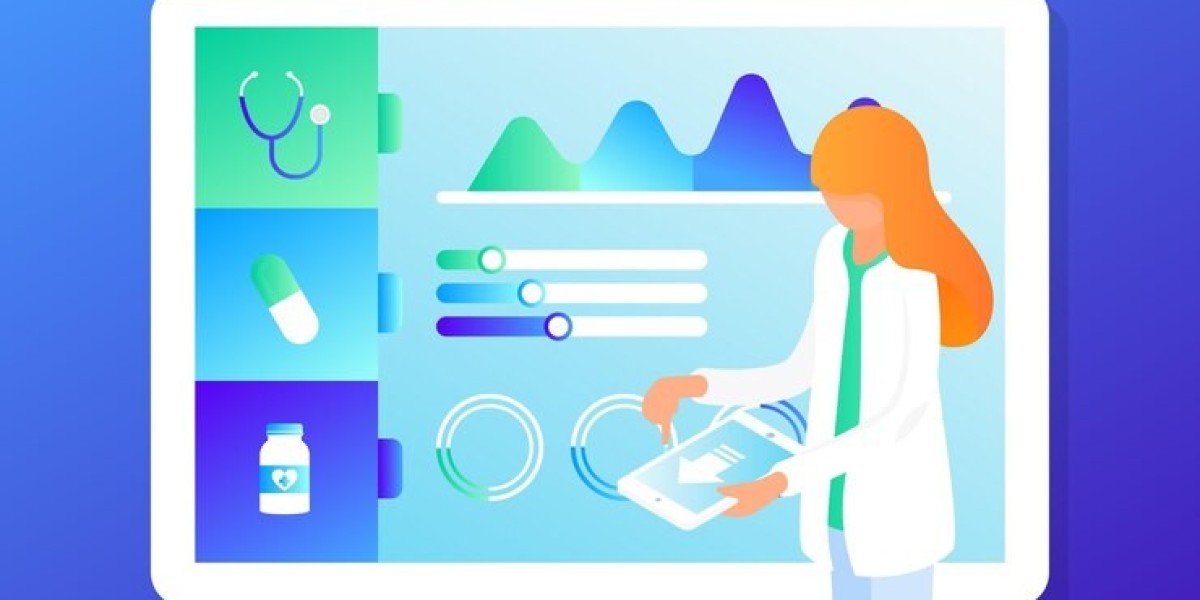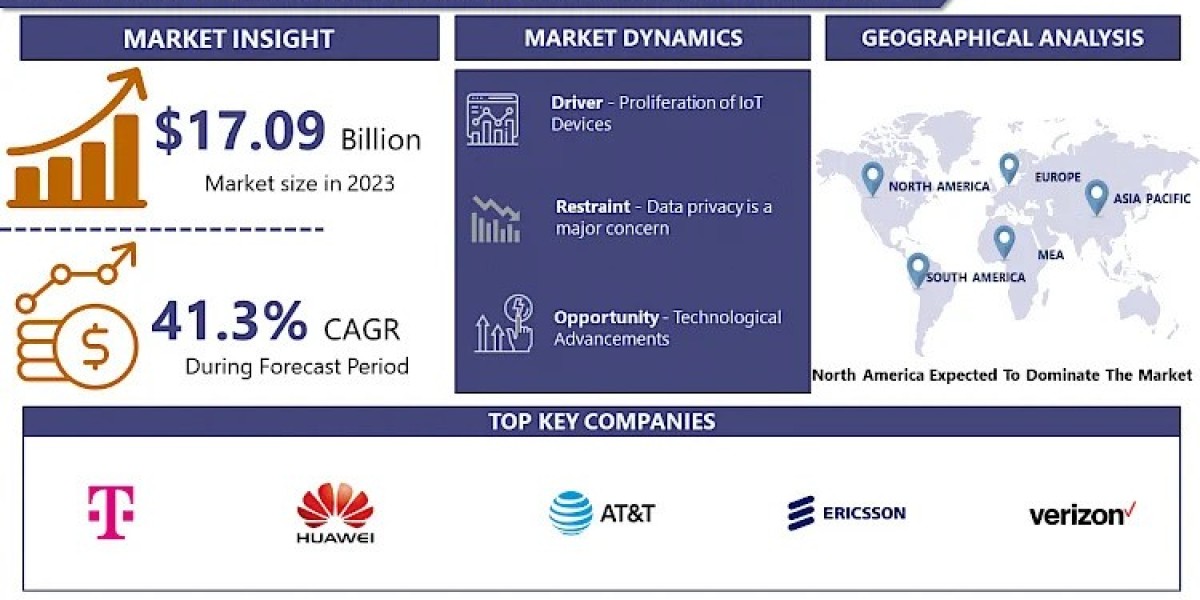Generative AI is revolutionizing the healthcare industry, unlocking unprecedented possibilities in patient care, diagnosis, and treatment planning. This cutting-edge technology leverages artificial intelligence algorithms to generate new data and insights, paving the way for significant advancements across the medical landscape. In this blog, we delve into how generative AI in healthcare is reshaping the industry and why it holds immense potential for the future.
What is Generative AI?
Generative AI refers to a category of artificial intelligence that uses machine learning models, such as Generative Adversarial Networks (GANs) and transformer-based models, to create new content. Unlike traditional AI, which primarily analyzes existing data, generative AI can produce synthetic yet realistic data, including medical images, research insights, and patient-specific treatment plans. This capability makes it a powerful tool in addressing some of the most pressing challenges in healthcare.
Applications of Generative AI in Healthcare
- Medical Imaging and DiagnosticsGenerative AI is revolutionizing medical imaging by enhancing the accuracy and efficiency of diagnostics. For example, AI models can generate high-resolution medical images from low-quality scans, improving the detection of abnormalities such as tumors or fractures. Additionally, generative AI can simulate diverse medical conditions, allowing healthcare professionals to train on a wide range of scenarios.
- Drug Discovery and DevelopmentThe drug discovery process is notoriously time-consuming and expensive. Generative AI accelerates this process by predicting molecular structures and simulating their interactions with biological systems. This innovation reduces the time required for preclinical research and increases the likelihood of identifying effective drug candidates.
- Personalized MedicineGenerative AI enables the creation of customized treatment plans by analyzing individual patient data, including genetic information, medical history, and lifestyle factors. By generating personalized recommendations, it ensures that patients receive targeted therapies that maximize efficacy and minimize side effects.
- Virtual Health AssistantsAI-powered virtual assistants are becoming integral to patient engagement and care management. Generative AI enhances these assistants by enabling natural language understanding and the generation of context-specific responses, making patient interactions more intuitive and effective.
- Synthetic Data GenerationData privacy is a critical concern in healthcare. Generative AI addresses this issue by creating synthetic datasets that replicate real patient data without compromising confidentiality. These datasets are invaluable for training AI models, conducting research, and developing healthcare solutions.
Benefits of Generative AI in Healthcare
- Improved Efficiency: By automating repetitive tasks and generating actionable insights, generative AI allows healthcare professionals to focus on patient care.
- Enhanced Accuracy: AI-generated data and models improve diagnostic accuracy, reducing the risk of errors.
- Cost Savings: Generative AI streamlines processes such as drug discovery and medical training, significantly cutting costs.
- Innovation: The ability to simulate complex medical scenarios fosters innovation in treatment and research methodologies.
- Accessibility: AI-powered tools make advanced healthcare solutions more accessible, particularly in underserved regions.
Challenges and Ethical Considerations
While the potential of generative AI in healthcare is immense, it also raises several challenges and ethical concerns:
- Data Privacy: Ensuring the confidentiality of patient data remains a priority.
- Bias and Fairness: AI models must be trained on diverse datasets to avoid biases that could affect patient outcomes.
- Regulatory Compliance: Generative AI applications must adhere to stringent healthcare regulations and standards.
- Trust and Transparency: Building trust among healthcare providers and patients requires transparency in AI decision-making processes.
The Future of Generative AI in Healthcare
The adoption of generative AI in healthcare is still in its early stages, but its potential is undeniable. As technology advances, we can expect to see more sophisticated AI models that address complex medical challenges with precision and efficiency. Collaboration between technology developers, healthcare providers, and regulatory bodies will be crucial in harnessing the full potential of generative AI.
In conclusion, generative AI in healthcare is not just a technological innovation; it is a transformative force that has the power to redefine how we approach medicine and patient care. By embracing this technology, the healthcare industry can overcome current limitations and achieve breakthroughs that were once thought impossible.








